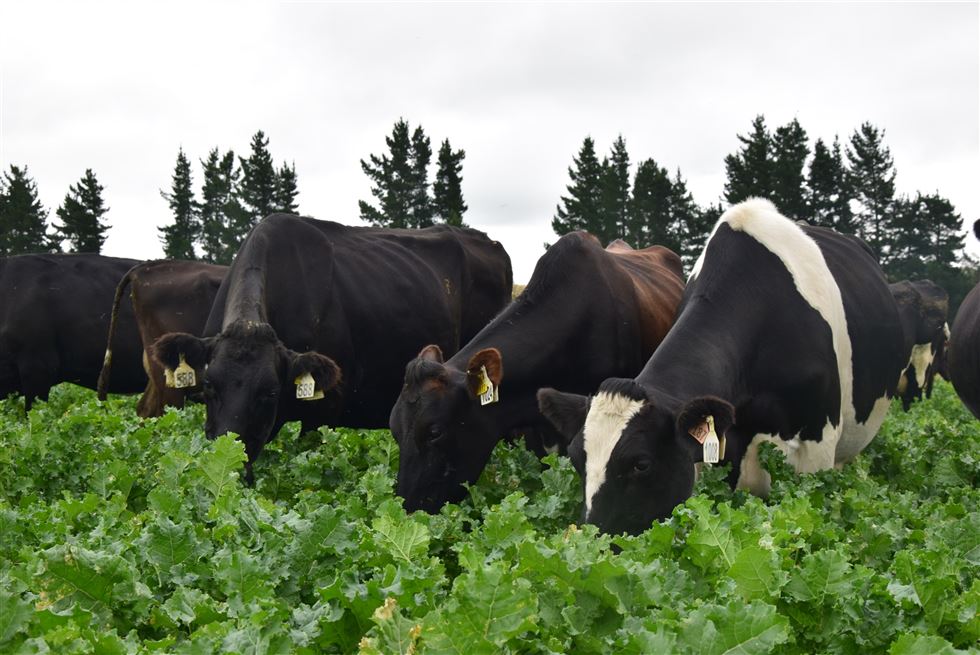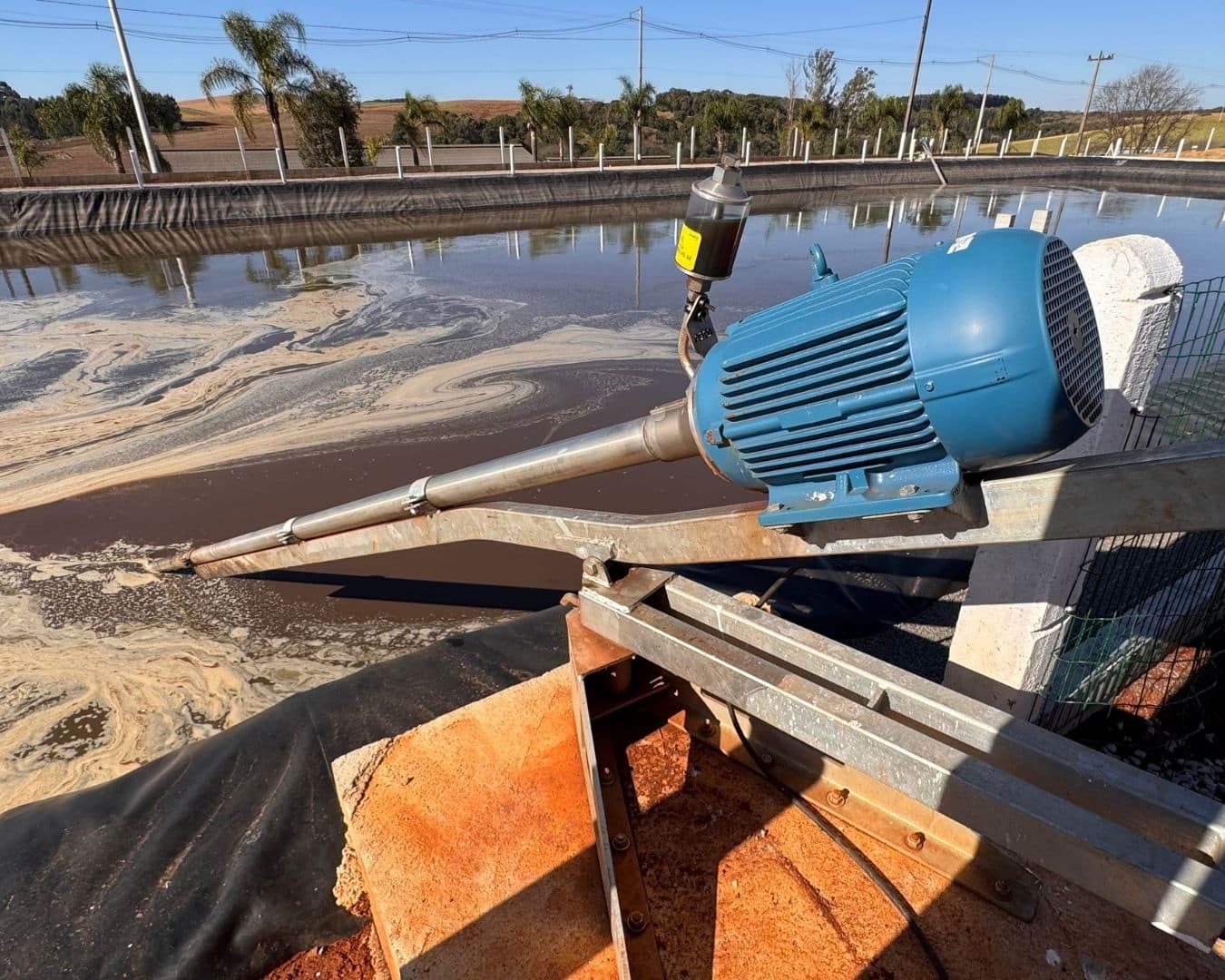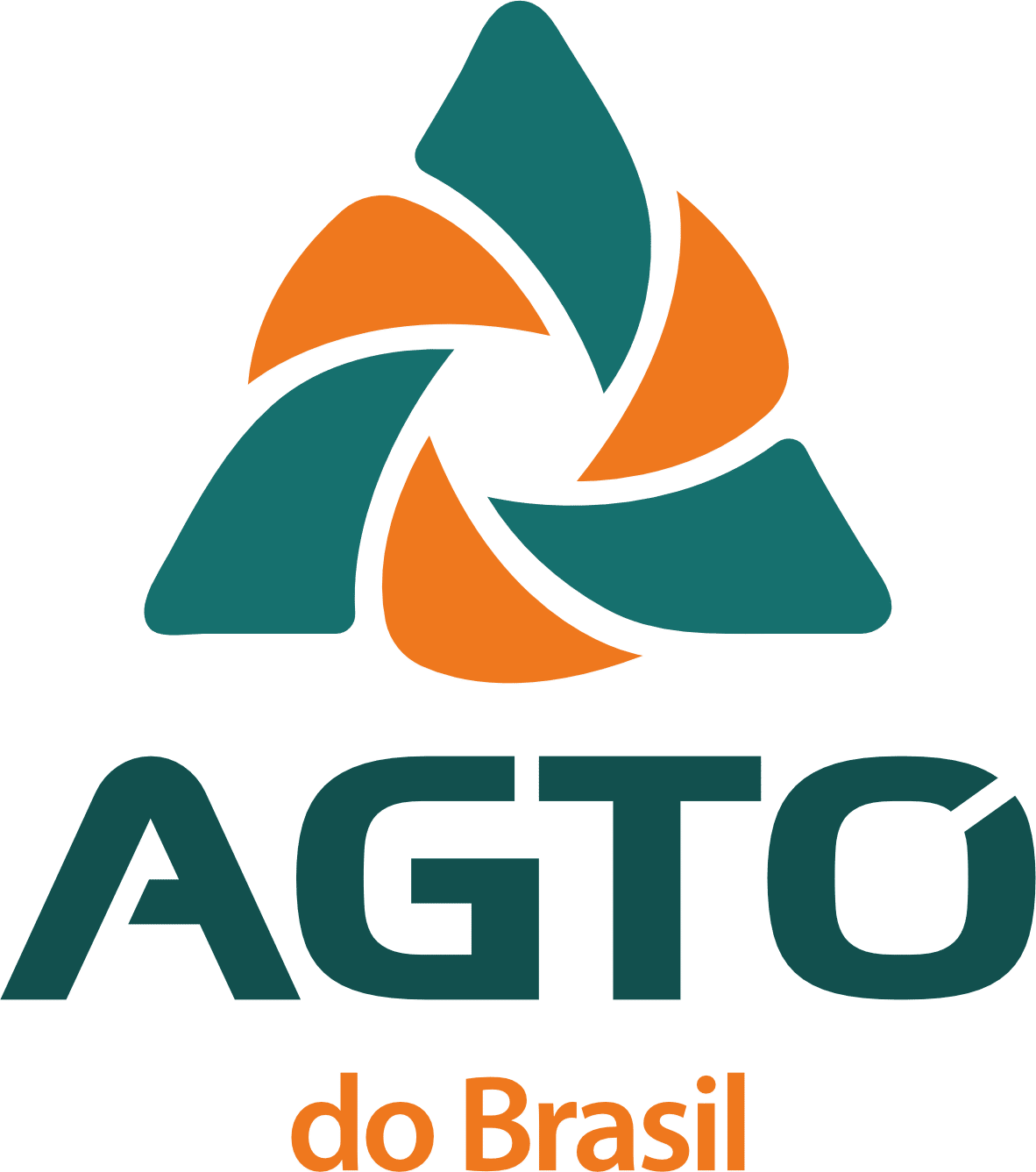According to the Portuguese language dictionary, the word management has the following definition in the zootechnical area: act of subjecting animals to feeding, treatment and hygiene care, in order to make them tame, clean and healthy. Considering that the environmental management of a production system and rural property also contributes to keeping animals in conditions of well-being and health, it must be part of the daily activities of a dairy property.
The implementation of environmental management has the following objectives:
- Preserve and conserve natural resources in quantity and quality;
- Reduce negative environmental impacts and enhance positive ones;
- Promote the rational use of renewable and non-renewable natural resources and production inputs;
- Adapt the production system and property to the norms and standards of environmental legislation;
- Enable the monitoring of environmental performance indicators and, consequently, corrective actions to improve this performance;
- Reduce the possibility of conflicts with the neighborhood and society, making it easier to obtain a social license.
Here it is worth clarifying the difference between environmental preservation and conservation. In everyday life, these words are used as synonyms. We often see producers, technicians and businesspeople saying that they preserve the environment while producing milk. This statement is not completely wrong, but just environmental preservation would be incompatible with any economic activity.
Portuguese language dictionaries present the two words as synonyms. According to the New Aurélio Dictionary, preservation means: “deliver from any evil,…,preserve…”. And conservation means: “act or effect of preserving oneself.”
But for environmental sciences it is different. According to the Brazilian Dictionary of Environmental Sciences, the meaning of preservation is: “action of protecting, against modification and any form of damage or modification, an ecosystem, geographic area, etc..” The meaning of conservation is: “rational use of any natural resource, ensuring, however, its renewal or self-sustainability.” Therefore, in environmental conservation we use and manage natural resources.
Preservation is protection, let nature follow its flows. Conservation is use with respect to the limits of nature. The guidelines and standards stipulated in environmental legislation have the dual functions of preservation and environmental conservation.
Based on these definitions, the question remains:
Should agricultural professionals preserve or conserve the environment?
The correct answer is: must do both.
They will be preservationists when they maintain legal reserve areas and riparian forests on properties. This makes it possible to preserve biodiversity and water in quantity and quality. And they will be conservationists when, for example, they use water from wells to water animals in a rational way, that is, respecting the time that nature takes to replenish this water, thus, it will be available in the long term and the production system will not be threatened by a water scarcity condition.
Having made the necessary explanations, I ask:
Is environmental management part of everyday dairy farming?
My answer to that question is NO.
I justify this answer considering:
- There is no clear definition of the concept of environmental management of livestock, what makes it up and how it should be done;
- There is a simplistic understanding, from all actors in the production chain and consumers, that environmental management means complying with environmental legislation and complying with environmental legislation is understood as having the environmental licenses required for activity. Managing the environment is much broader than complying with the law and this management must be a daily action and not an administrative act;
- Most actors have limited environmental knowledge. Currently, this condition is the biggest barrier to a leap in the environmental quality of dairy units. Producers must be assisted in environmental techniques and practices, agricultural professionals must also have environmental sciences in their training and professionals from companies and agro-industries must have constant environmental training in order to identify the environmental issues inherent to the activity in which they work;
- Managing the environment is understood as something that is costly, requires time and labor and does not generate financial resources.
In Figure 1 I present a definition of what environmental management of animal production would be. I emphasize that all management that makes up environmental management must be based on environmental legislation, but must not be limited only to compliance with these legislation, as they involve other aspects inherent to the dairy production system such as zootechnical, sanitary, economic and social aspects.
The implementation of environmental management alone will not determine that the production system is sustainable, as it encompasses only one dimension of sustainability, which is environmental. Being sustainable means working on environmental, social and economic dimensions at the same time. But certainly, practicing environmental management will contribute positively to achieving sustainability.
Figure 1. Definitions of the management necessary for the environmental management of the dairy system.
Environmental management will provide economic returns and when well practiced:
- Reduces production costs due to lower consumption of water, feed, energy, fertilizers, fuels, etc.;
- Improves efficiency in the use of inputs, especially nutrients contained in the diet and chemical and organic fertilizers;
- Optimizes the use of labor;
- Increases the useful life of machines and equipment;
- Improves the level of education and technical capacity of the producer and his collaborators;
- It makes more arable land available for production and more preservation area to comply with environmental legislation.
In activities such as dairy farming, in which managing negative environmental impacts is part of the routine and profit margins are increasingly narrow, it must be in the interest of producers, technicians and agribusinesses to reduce environmental impacts, maintaining and/or or improving the economic performance of the activity.
Carrying out environmental management is not a simple process, due to the numerous factors it involves, such as: the activity itself, the environment and its resources, the interactions of the activity with other productive activities, laws, economic aspects and values social and cultural. Therefore, environmental management must be very well thought out and carried out, otherwise, the actions could have adverse effects on the environment, humans and animals and the dairy activity and its image.
Zootechnical and environmental sciences are very dynamic and this dynamism is often not accompanied by environmental legislation, but environmental management must consider the evolution of knowledge and techniques on a permanent basis. As a result, its execution tends to be easier and more efficient and effective.
Complying with environmental legislation is like that student who aims to reach the average to pass the year. Doing environmental management is the student who goes beyond the average. I think we should seek dairy farming beyond the environmental average. This is technically and economically possible.
In the next episodes of the series Environmental Licensing for Cattle Farming in Brazil We will see how to implement and conduct this environmental management. Until then, if you leave the house, wear a mask. It's for the good of you, your family and the whole of society.
Source: MilkPoint




